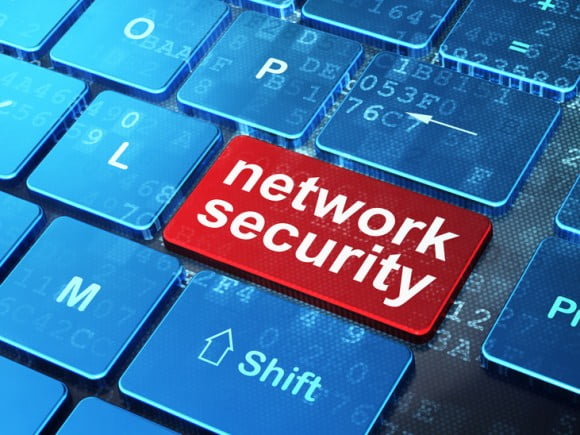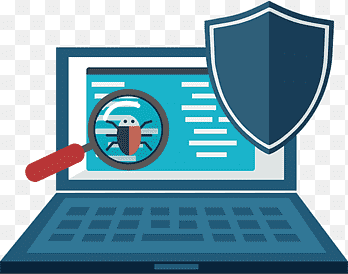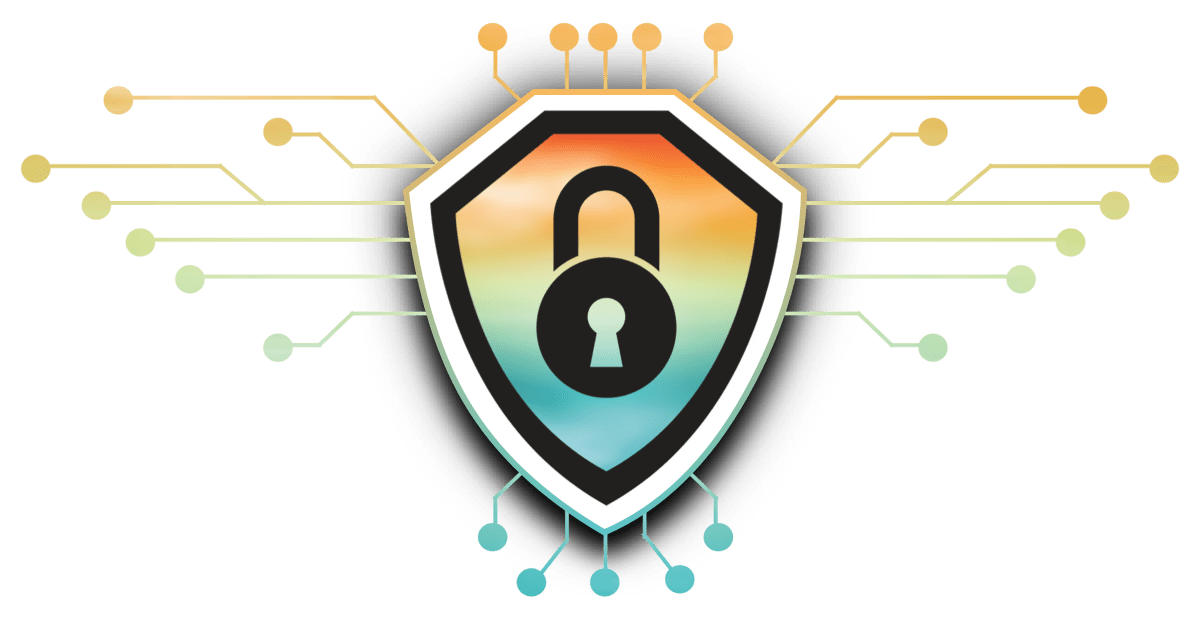NETWORK SECURITY

What is Network Security?
Network Security is the practice of securing the internal and external networks from unauthorized access, use, disclosure, disruption, modification, or destruction. It is a broad field that encompasses many different technologies, processes, and practices.
Why is Network Security Important for your Organization?
- Mitigates Security Risks: Firewalls, intrusion detection systems, and other security tools act as sentinels, filtering out malicious traffic and preventing unauthorized access. This significantly reduces the risk of data breaches, malware infections, and other cyberattacks.
- Safeguards Sensitive Data: Network security safeguards confidential information, like customer records, financial data, and intellectual property, from falling into the wrong hands. This protects your organization from financial losses, regulatory fines, and reputational damage.
- Enhances System Reliability: Strong security posture minimizes system disruptions caused by cyberattacks, ensuring the smooth operation of your network and critical applications.
- Enables Remote Work: Robust network security facilitates secure remote work arrangements, promoting flexibility and employee satisfaction.
- Improves Operational Efficiency: Network security tools can identify and address network issues proactively, optimizing performance and efficiency.
- Provides Competitive Edge: Investing in security demonstrates a commitment to protecting valuable assets and data, attracting and retaining clients and partners.


Why is Network Security Important for your Organization?
- Mitigates Security Risks: Firewalls, intrusion detection systems, and other security tools act as sentinels, filtering out malicious traffic and preventing unauthorized access. This significantly reduces the risk of data breaches, malware infections, and other cyberattacks.
- Safeguards Sensitive Data: Network security safeguards confidential information, like customer records, financial data, and intellectual property, from falling into the wrong hands. This protects your organization from financial losses, regulatory fines, and reputational damage.
- Enhances System Reliability: Strong security posture minimizes system disruptions caused by cyberattacks, ensuring the smooth operation of your network and critical applications.
- Enables remote work: Robust network security facilitates secure remote work arrangements, promoting flexibility and employee satisfaction.
- Improves operational efficiency: Network security tools can identify and address network issues proactively, optimizing performance and efficiency.
- Provides competitive edge: Investing in security demonstrates a commitment to protecting valuable assets and data, attracting and retaining clients and partners.
Our Approach
1. Assessment & Planning:
- Identify Assets & Risks: Catalog all the valuable assets in your network, such as servers, user devices, and sensitive data. Then, perform a risk assessment to identify potential threats and vulnerabilities that could exploit these assets.
- Define Security Policy: Develop a clear and comprehensive security policy that outlines acceptable network usage, access controls, and security protocols. This policy should guide all subsequent security decisions.
- Define Network Segmentation: Segment your network into different zones based on security needs. This can isolate sensitive data and critical systems, minimizing the impact of a security breach.
2. Implementation & Controls:
- Firewalls: Implement firewalls to act as a barrier between trusted and untrusted networks. Firewalls filter incoming and outgoing traffic based on predefined security rules.
- Access Controls: Enforce strong access controls to restrict access to network resources. This includes implementing user authentication measures like passwords or multi-factor authentication (MFA).
- Intrusion Detection & Prevention Systems (IDS/IPS): Deploy intrusion detection and prevention systems to monitor network activity for suspicious behavior and potentially block malicious attempts.
- Anti-malware and Antivirus Software: Install and maintain antivirus and anti-malware software on all network devices to detect and prevent malware infections.
- Data Encryption: Encrypt sensitive data at rest (stored on devices) and in transit (transmitted across the network) to protect it from unauthorized access.
3. Ongoing Monitoring & Maintenance:
- Vulnerability Management: Regularly scan your network for vulnerabilities in software, systems, and configurations. Patch these vulnerabilities promptly to prevent attackers from exploiting them.
- Security Patch Management: Ensure all network devices and software are kept up to date with the latest security patches from vendors.
- Security Incident and Event Management (SIEM): Implement a SIEM solution to collect and analyze security logs from various network devices. This helps identify security incidents and respond to them quickly.
- Security Awareness Training: Provide regular security awareness training to employees to educate them on cybersecurity best practices and how to identify and avoid phishing attempts or social engineering attacks.
4. Continuous Improvement:
- Regular Reviews & Audits: Periodically review your network security posture through internal audits or penetration testing to identify any weaknesses.
- Emerging Threats & Technologies: Stay informed about the latest cybersecurity threats and emerging technologies that might impact network security. This allows you to adapt your security strategies proactively.

Why Choose AffirmITS for your Network Security Testing?
Our Expertise lies in identifying the weaknesses in your company’s networks. Our Certified team of Red Team professionals have ample experience in the field to perform extensive Network Security testing for you.










